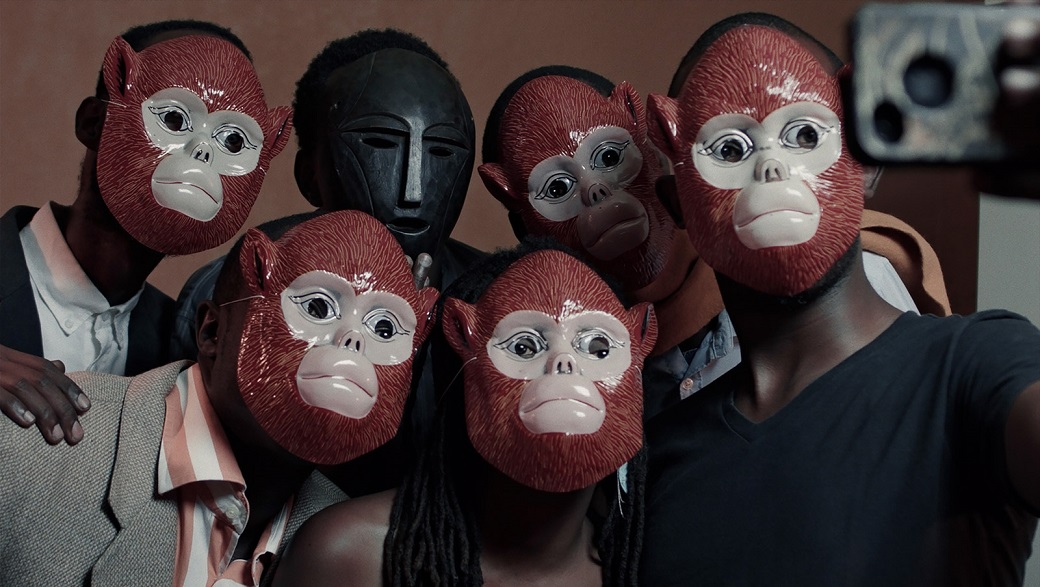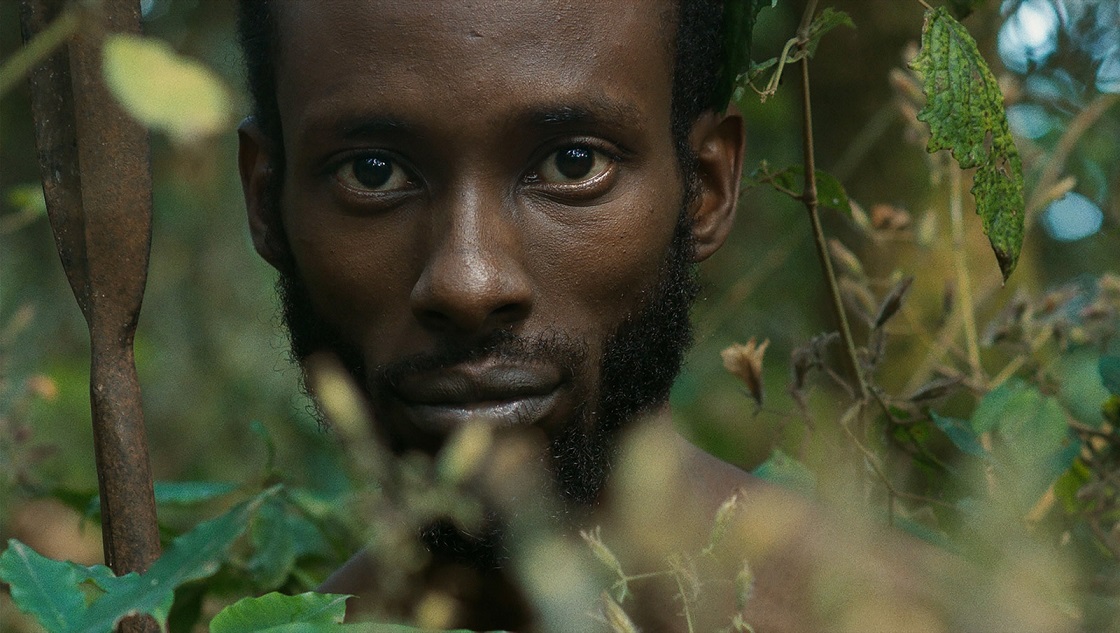The TRUE AFRICA 100 is our list of innovators, opinion-formers, game-changers, pioneers, dreamers and mavericks who we feel are shaping the Africa of today.
Kivu Ruhorahoza is a 32-year-old Rwandan film director, writer and producer. His latest film Things of the Aimless Wanderer, about the dynamic between so-called ‘locals’ and westerners in Africa, was screened at the Sundance Film Festival. His first short film Confession showed at the Venice Film Festival in 2007 while his debut feature film Grey Matter won the Jury Special Mention for Best Emerging Filmmaker at the Tribeca Film Festival 2011. He has worked with Eric Kabera and with Saul Williams.
https://twitter.com/KivuRuhorahoza/status/652422720525877252
What advice would you give to an aspiring African filmmaker?
I don’t feel like I have the legitimacy or authority to give advice yet but I’ll go ahead anyway. If you want to get into this business, do your research and understand why you want to make films or be involved with them. It’s an incredibly stressful, tough and unforgiving business where it feels that your will and self-esteem are crushed on a daily basis.
An aspiring filmmaker should learn to develop a systematic doubt.
Then there is the financial instability and the million odd jobs a filmmaker needs to do to pay the bills. People hear about film budgets but they’re rarely told about how much ends up in the pocket of the director or the screenwriter. Sometime, it’s less than 1%… So, it’s important to have enough information on the industry; be realistic and pragmatic.
Then it’s important to self-educate. Film schools can only give you access to a certain type of knowledge. The most important quality I believe an aspiring filmmaker should have is critical thinking. Be a critical thinker! Never outsource your thinking capacities to a religious leader, a political leader or the financier who puts the money on the table for you to work. An aspiring filmmaker should learn to develop a systematic doubt.
Solidarity is impossible when there is such a high economic and social vulnerability among artist communities.
Be tolerant and be open-minded. Originality and innovation really spring from around that area where tolerance, open-mindedness and critical thinking live in our heads and our hearts. And finally, it’s important to learn the indie economics. An aspiring filmmaker should learn how to produce their films and how to market them.
It’s quite silly to think that you’ll be having a full-fledged professional team looking after your films and you as a filmmaker. It might happen after you have made a few successful features but it’ll most likely never happen… For every successful filmmaker, there are thousands of failed ones…
https://twitter.com/KivuRuhorahoza/status/650627818427166720
Which creative movements coming out of Rwanda and Africa, more generally, are inspiring you at the moment?
There is a lot of punkish art blossoming left and right. The Chale Wote festival in Ghana seems to be a good model of art being developed far from the usual Alliance Francaises and Goethe Instituts. In film, music, painting, there seems to be a growing number of up-and-coming artists who are trying interesting new things.
There’s a lot of political paranoia and fear of blasphemy that make it quite difficult for artistic movements to blossom.
But I don’t know if I can talk about movements. I think we, at least in Rwanda and East Africa, are still at a stage where individual efforts and constant hustling is what’s bringing these new works. I think that in absence of strong cultural policies and funding for arts, artistic solidarity can make it possible for artistic movements to rise.
But the trouble is, artistic solidarity is impossible when there is such a high economic and social vulnerability among artist communities. There is also a lot of political paranoia and the fear of blasphemy that make it quite difficult for artistic movements to take form and blossom. I haven’t studied these things like a scientist; it’s just a feeling. I might be wrong. I hope to be wrong.
Who’s your African of the year?
I know it might sound pretentious or even ungrateful but I have no African of the year whose life, vision, values and work I would like to celebrate. It’s important to be pragmatic and ‘empower the population’ but not one single African leader (working in politics, the arts or economy etc.) has truly invested all their energy to create a new generation of freethinkers. This new economic empowerment we like to talk about will not keep us safe from cynical leaders, religious or political.
Take the example of Saudi Arabia. They are economically empowered but they are one of the most dangerous nations in the world and they are championing the worst form of Islam (Wahhabism) and actively exporting it. The same logic applies to American Southern Christian fundamentalists in the US who are economically empowered but still act medieval. These corporate dreams of ours are not enough to have harmonious populations and nations.
If our philosophers, intellectuals, artists, researchers and dreamers can’t find the necessary resources to work in their own countries (no strings attached), decolonisation and the advent of a new Africa will never come. We’ll probably have more soup in the bowl but we’ll still be mentally, spiritually and intellectually dominated populations.
Find out more about Things of the Aimless Wanderer
Come back tomorrow for the next TRUE Africa 100 and keep up to date using the hashtag #TRUEAfrica


